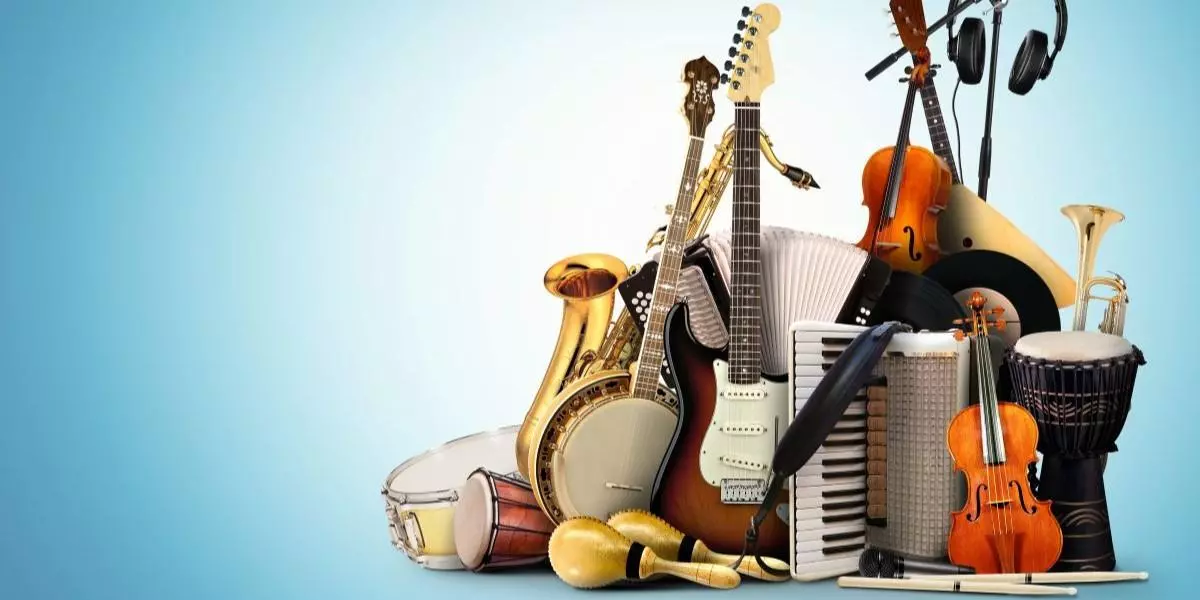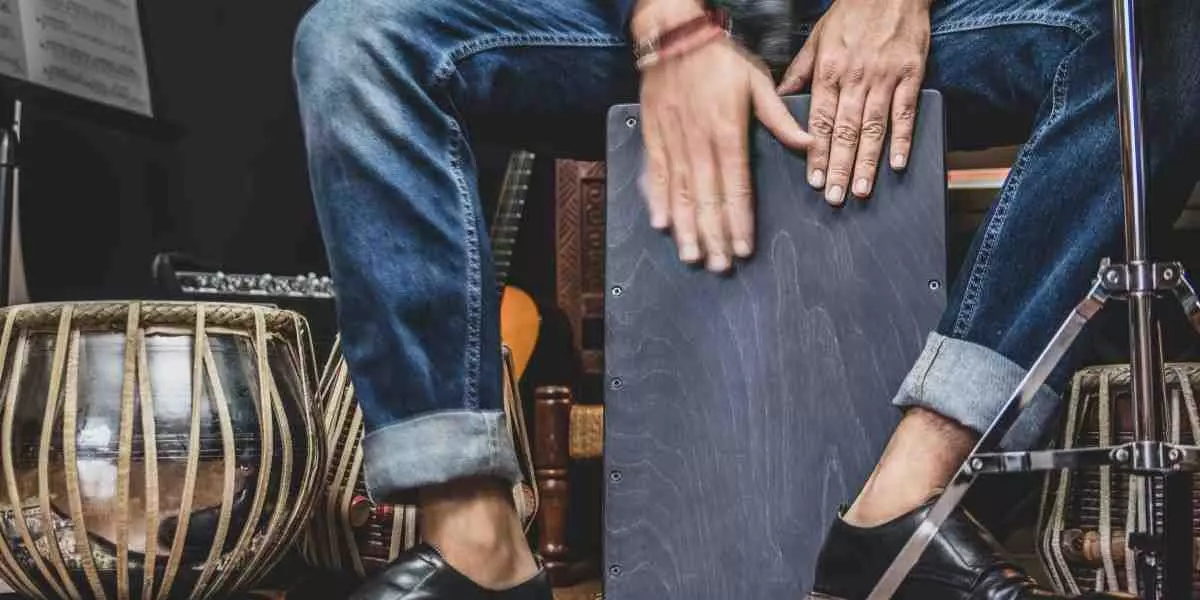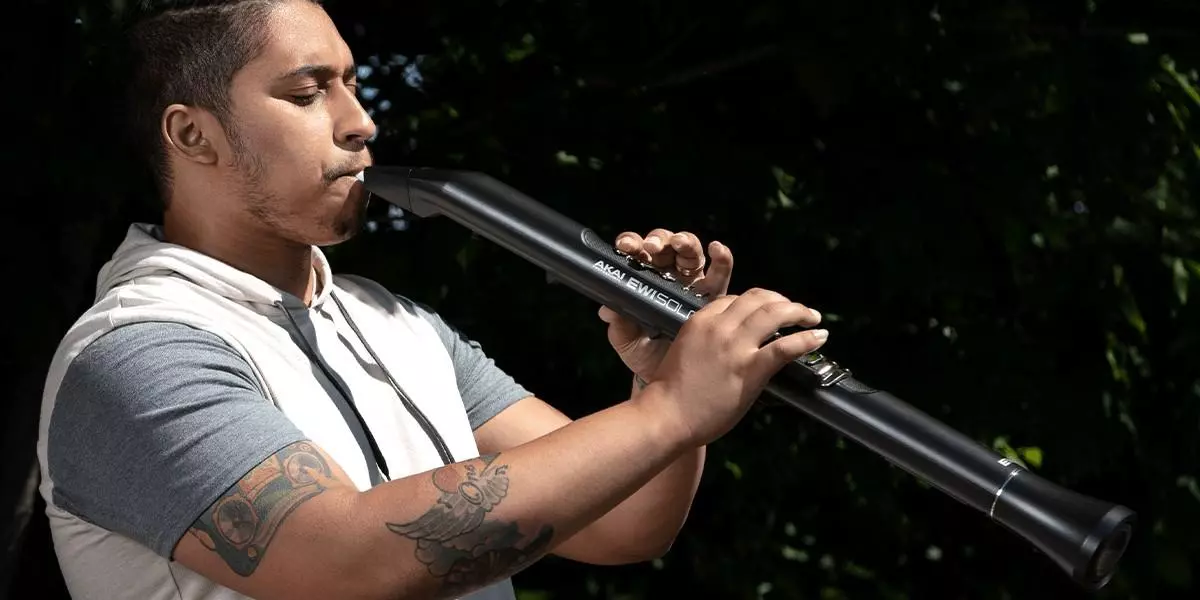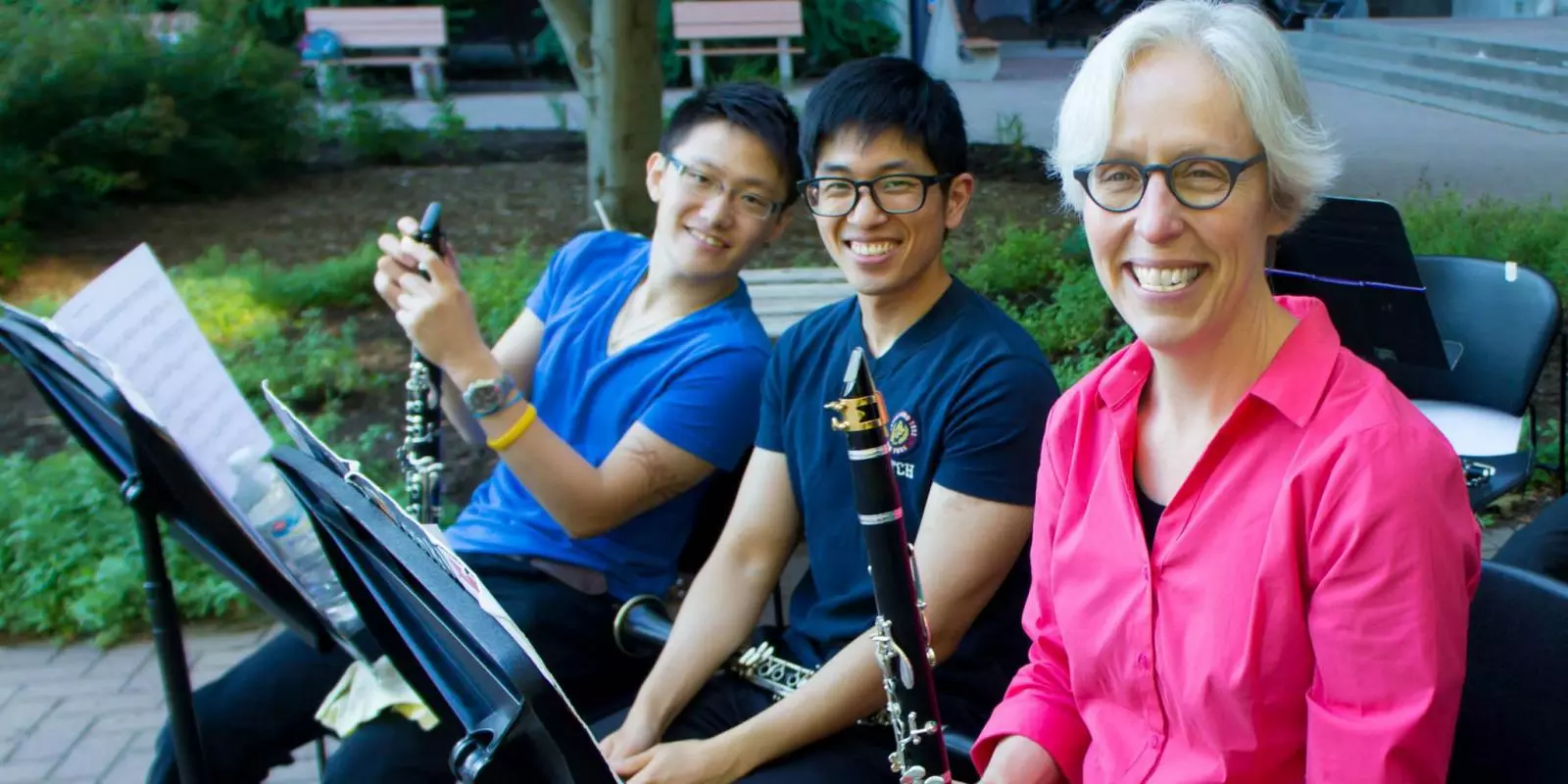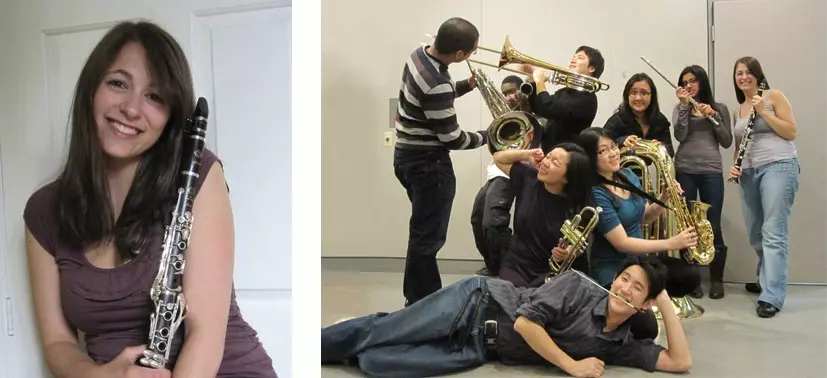The Value of Community Ensembles
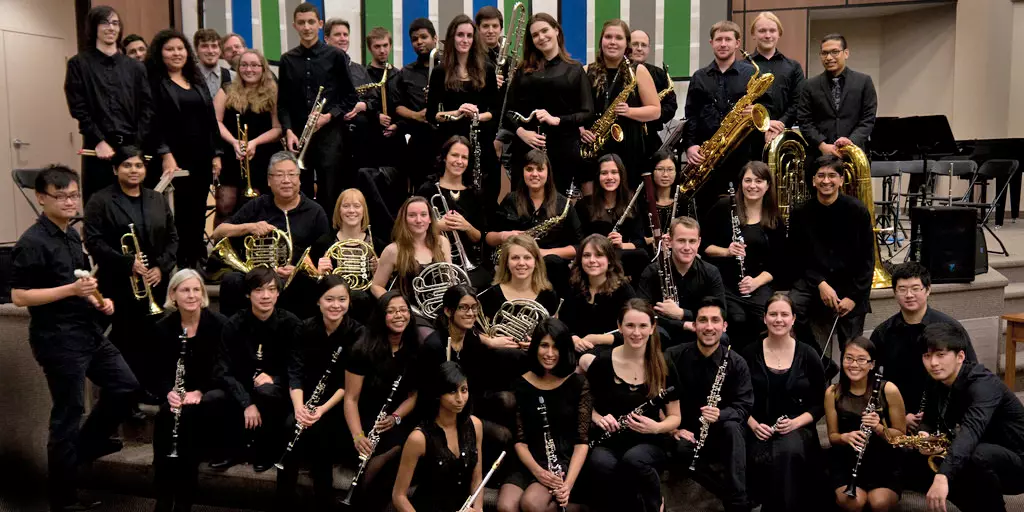
I interact with scores of musicians on a daily basis. Even before my career at Long & McQuade began, I met and spoke with musicians from all lifestyles.
Musicians are more common than many people think, but this discrepancy is in part due to trouble in defining the word. What is a musician? Does a musician make a living playing shows at a local venue? Is a musician one who is currently enrolled in a music related degree or diploma program?
Of course not! A musician is anyone who engages with music and chooses to identify as one. From the 8-year-old piano student to the middle-aged mortgage broker who jams in his spare time, musicians are everywhere. Perhaps the most prevalent of them is the volunteer performer. As a musician myself, performance has always been the pinnacle of musical engagement for me, and I do this primarily in a community based, unpaid manner.
The benefits of performing in these types of groups are plentiful. Music is, in my opinion, based on collaboration and connection. New ideas and projects come from the collaboration of two like minds. The standard community ensemble or band has about forty members, providing many opportunities for networking and planning new projects. They’re also ideal for people who work full time, as they often rehearse once or twice a week. Combine that with a generally laid back atmosphere, and they become a great way to unwind after a week of work.
Take Ainsley Lawson, President of the Rouge River Winds (formerly known as the UTSC Alumni and Community Concert Band), for example. Her musical journey began with the University’s own ensemble, which eventually branched out to former students and local residents. In the seven years since the group’s beginnings, over 250 people have passed through, and several smaller performing groups have risen out of this collaboration. By bringing together people who perform and practice for the love of it, she has helped to strengthen a community of musicians in the city. She’s also forged new friendships spanning generations via a love of music. Sound a bit corny? Perhaps, but the value of such an interaction has left a profoundly positive effect on the musicians involved.
Ainsley Lawson, president of Rouge River Winds, on the left and members of the ensemble from 2010 - 2011 on the right.
These types of ensembles are fantastic because they benefit almost any type of musician. Haven’t played or sung since high school? A community band or choir is the perfect way to regain those chops. Similarly, gigging and professional musicians often find that community groups are a great way to maintain chops in between heavier periods of playing. Even students who are considering graduate work in completely unrelated fields benefit from having ensemble experience on their applications.
If that isn’t enough to convince you, consider that certain volunteer groups play at a semi professional level. As such, some of these groups actually go on tour around the world. I can say that all of my international travel in the past 7 years has been thanks to a youth orchestra that I belong to. Spending over a week in Shanghai and living as a musician has been one the most amazing and memorable experiences of my life. Money didn’t seem to matter during a week full of performances with some of my favourite people in the world over 10,000 kilometres away.
I like to encourage people to engage with music for as long as possible, and I think a community band or choir provides a reasonable, versatile solution to those on the fence. Regardless of skill, instrument choice or musical preferences, there are likely ensembles nearby that would love to have new members. If there isn’t an ensemble nearby that suits one’s specific needs, consider creating a new group! All you need is a space to rehearse and people with a love of music (as well as someone brave enough to lead!)
Click here for our selection of scores for orchestra & string ensemble, concert band and choir
I’ve been lucky enough to have a wealth of different musical experiences in my life. I have rehearsed, performed in festivals, given a solo recital, gigged in jazz combos, played in big bands, and conducted larger ensembles. This diversity has shaped my musical tastes and style. I can say with certainty that it’s the bands I grew up playing in that have allowed me these opportunities.
I encourage anyone who has been separated from music for a long time to dust off his or her old saxophone or trumpet. For me at least, it has never been about the money, or the fame. It has always been about the music, and the musicians who make it.
* * *
Jason Dallas is a freelance euphonium player in the GTA. He studied music at the University of Toronto Scarborough, as well as privately with Cathy Stone of the Trillium Brass Quintet, and Devin Sloos, MMus Graduate at Eastman School of Music. He has played with a number of community ensembles including Weston Silver Band and Toronto Youth Wind Orchestra as well as small ensembles Breaking Brass and Harmonie Wind Octett. He currently plays with the Rouge River Winds, Festival Wind Orchestra, Hannaford Youth Band and Metro Big Band. Jason works at Long & McQuade in Pickering.


